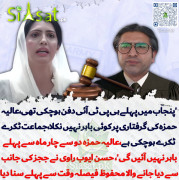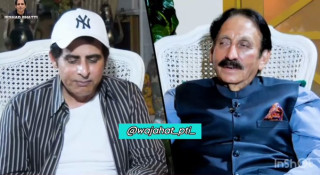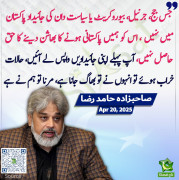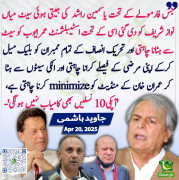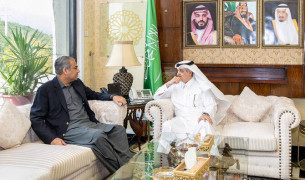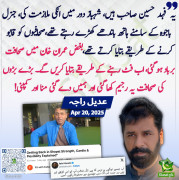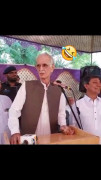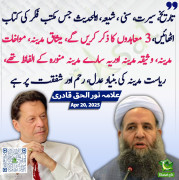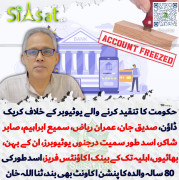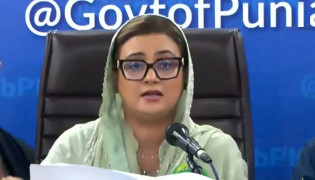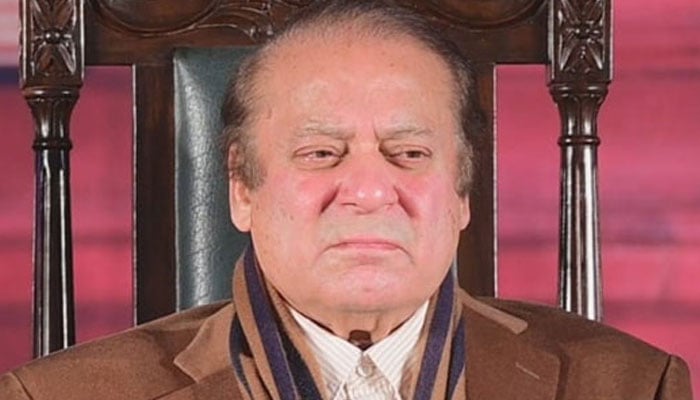You are using an out of date browser. It may not display this or other websites correctly.
You should upgrade or use an alternative browser.
You should upgrade or use an alternative browser.
Gori is schooling the Pak origin Journo on Imran Khan and the Cypher.
- Thread starter carne
- Start date
wasiqjaved
Chief Minister (5k+ posts)
|
|
|
Pakistan90210
MPA (400+ posts)
who gives a Fuk wat a gorri thinks abt Pakistan 
carne
Chief Minister (5k+ posts)
https://twitter.com/x/status/1679135081829474304
Here is the evidence. Will soon create a thread to debunk the myth of rigging in 2018.
Last edited:
-
-
-
-
بڑے بڑوں کی صحافت یہ رجیم کھا گئی
6 | FORUM -
ریاست طیبہ ہے یا ریاست مدینہ
1 | FORUM
-
-
© Copyrights 2008 - 2025 Siasat.pk - All Rights Reserved. Privacy Policy | Disclaimer|


